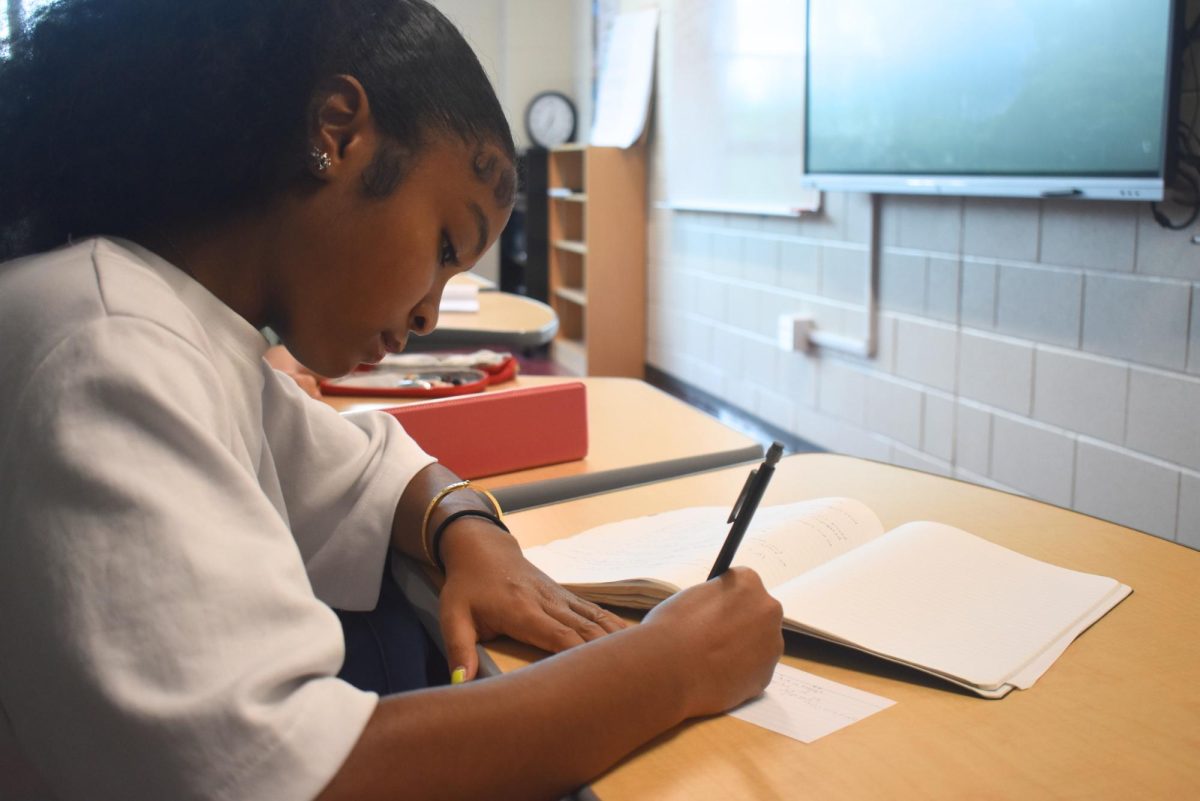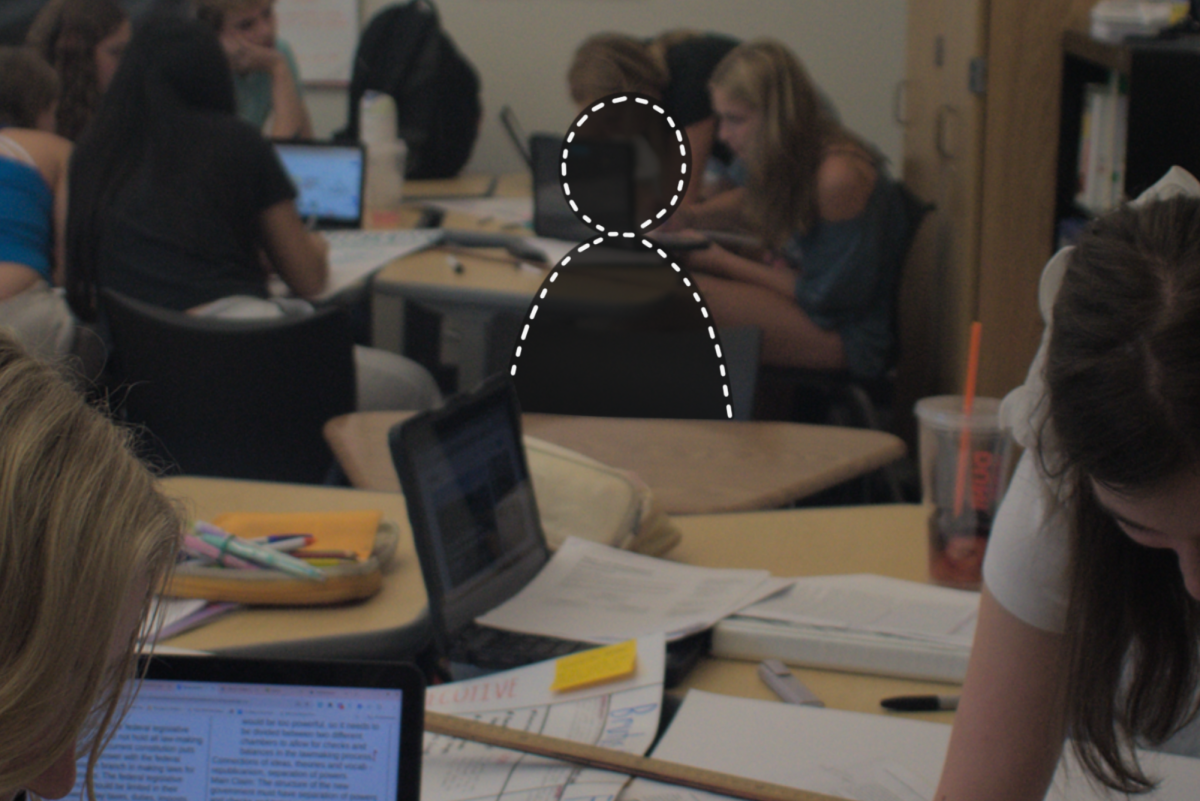The Trump Administration initiated a series of actions aimed to cut government funding for libraries, museums and other nonprofit organizations. This has raised concerns related to infrastructure, education, literacy and community engagement that millions of people rely on.
On March 14, 2025, President Donald Trump signed an executive order to eliminate the Institute of Museum and Library Services, placing its staff on administrative leave. The move suspended millions of dollars in federal grants, forcing libraries across the United States to scale back on essential services such as ebooks, lending, literacy programs, and internet and computer access.
“A library is a key link in raising literacy rates and having a literate population,” Media Specialist Brian Montero said. “Having easy access to books is so important, and of course as income disparities increase, having access to free, easy access to a library is huge.”
The repercussions of these actions could be detrimental for communities in Atlanta, especially with the ever growing unhoused population. Some people experiencing homelessness rely on libraries as a place to go for internet access, a quiet place to read, or to just get out of the heat.
“I come inside here everyday because it’s so hot—not much as of late, but normally I have to,” Carlie, a newly unhoused 47-year-old, said. “I mean, it’s tough not having anywhere to go at night, I sleep outside of this place. This is the only place where I can feel connected with the outside world—through the computers I mean.”
Beyond the financial effects, the administration’s proposal to cut IMLS funding could also impact cultural and educational institutions. Reducing or eliminating this funding would affect the resources these institutions provide to the public.
“So many people come here on a daily basis, both adults and children,” Librarian Cole Wheeler said. “So many people rely on us to have our doors open. Without having these essential places to learn I don’t know what will happen. Kids come here to learn how to read.”
The American Library Associations along with the American Federation of State, County and Municipal Employees, filed a lawsuit challenging the executive order. A federal judge issued a temporary restraining order on May 1, 2025, stopping further actions to dismantle the IMLS. However the Trump Administration has continued to withhold more than $30 million in congressionally approved funds.
“I’ve worked at many libraries, and it really is my passion; helping children learn how to read and watching them grow is truly amazing,” Wheeler said. “But if we don’t have the money to do that, we’re really letting the community down, even though it’s not our fault.”
The cuts to library funding will also affect the online resources students around the United States use. Hoopla, a popular online library connected to many physical libraries, cut it’s monthly borrowings for patrons from 10 to five. Junior Sude Pazarbasi is disappointed with the recent actions, agreeing that without online libraries, studying will be a lot harder.
“I want to know what the thought process was,” Pazarbasi said. “Where is that funding going instead of libraries, what could be more useful than that to the public.”
As the legal battle around funding continues, the futures of libraries hang in the balance, and whether or not there will be any money for libraries is in the hands of the government. Many advocacy groups like the American Library Association are rallying to convince Congress to decline the president’s budget proposal, and restore funding to IMLS.
“Libraries serve as an important resource to communities, especially Atlanta communities,” English teacher Brain McNeil said. “There are several branches that I frequent that help me understand what I’m teaching, furthering my curriculum plans and, of course, providing book recommendations for me and my students. I seriously hope these budget cuts won’t last.”




















